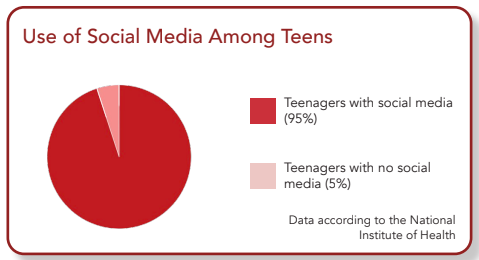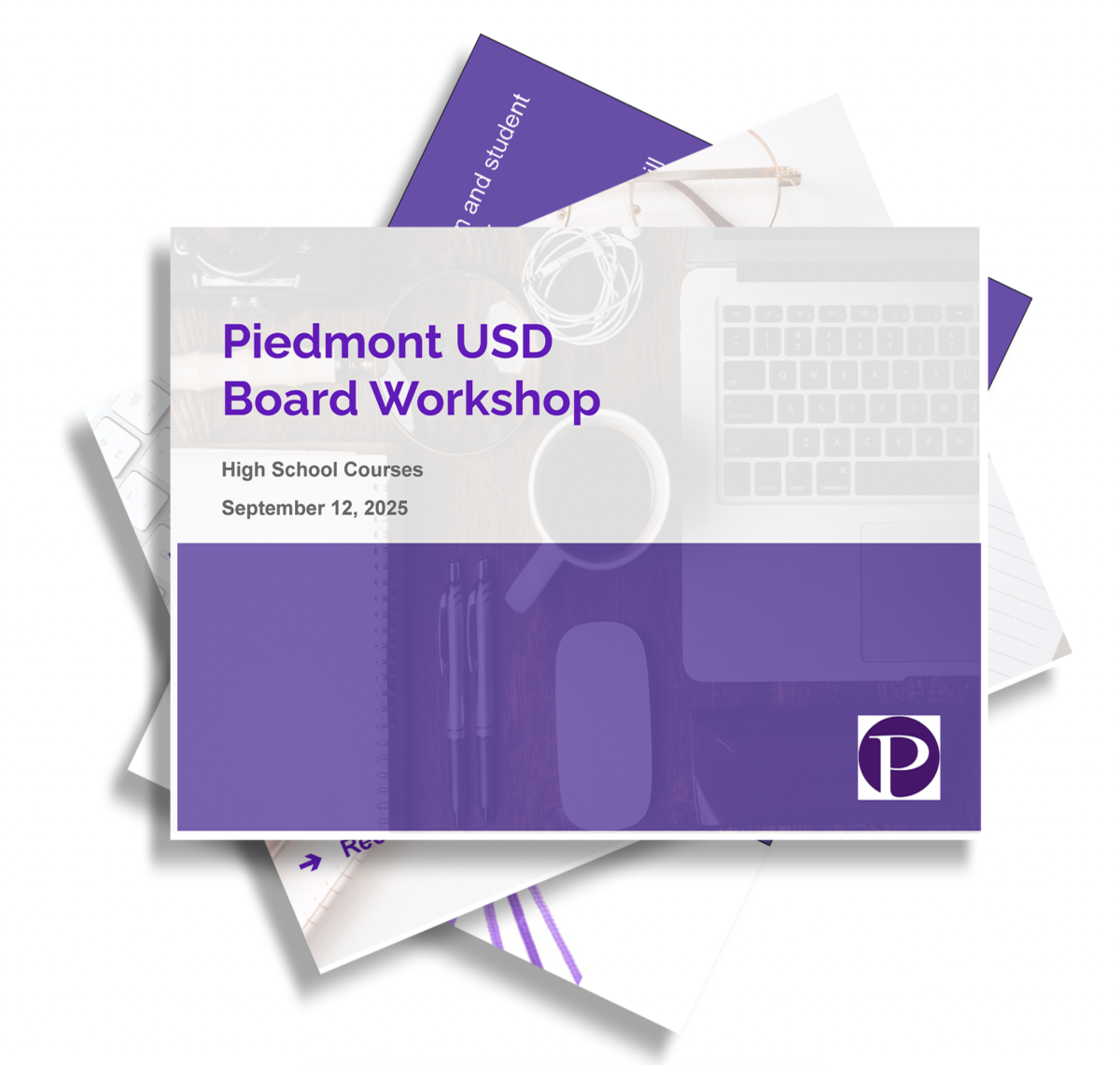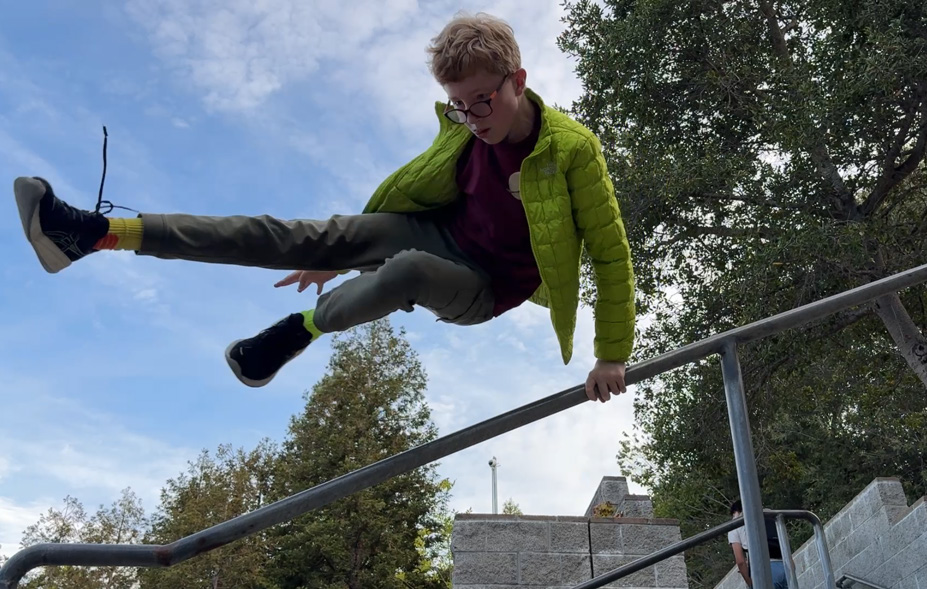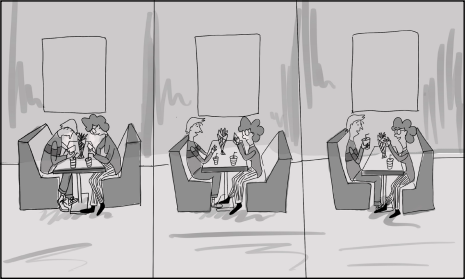According to Forbes magazine Generation Z is “the first generation of true Digital Natives”. I hardly know a world without the presence of social media. Whether you are an active poster or watch from behind the scenes, social media has become hard to avoid.
Social media is here to stay – although many have the perception that social media is a new concept, billions of people rely on social media for their day to day life. It’s no doubt that social media is all around. Kids ranging from 11 to 17 have begun to have a presence on social media, whether scrolling on TikTok, learning a new dance, or laughing at funny Instagram reels, almost everyone uses it. Because it’s so present, it is important to consider whether social media is having a positive or negative impact on our generation.
According to the Digital 2024 April Global Statshot Report, the growth of social media in the past year went from 4.72 billion users being active on social media globally to now 5.07 billion people having a social media presence, which is about 62.6 percent of the global population. However, this is all age ranges, what about teenagers? According to the National Institute of Health, 95 percent of US teenagers use social media..
Social media can be used for many things. Many students can’t imagine a day without it.
“I can’t imagine a world where I don’t use social media daily. It’s just part of my routine. I communicate with friends and family, learn about global news, and even use it for entertainment,” said senior Chloe Graham.
Students use social media for many positive things, such as researching projects, staying updated with their community, sports teams, events, and even staying in touch with friends.
There are many pros to social media; teenagers often use social media to express creativity. Platforms like TikTok, Instagram, and Pinterest allow teenagers to express their creativity through photos, videos, and writing. This creative expression can help teens explore their identities and showcase their talents.
Social media can also be used to help teens study – teens can access lots of educational content, ranging from academic subjects to life skills. Platforms like YouTube, Reddit, and Instagram offer tutorials, study guides, and tips that build on traditional learning methods. Social media can also help teens stay up to date on global and political issues. Personally, I’ve used TikTok to keep in touch with politics by tuning in to debate and rally live streams. Many teens also use social media to voice their opinions, organize movements, and support causes they are passionate about, making social media a powerful tool for activism.
Social media can also be used to offer opportunities to connect with professionals, platforms like LinkedIn, teens can explore career options, and even find internships or job openings. Early networking can be a significant advantage for teens by using social media. Social media can also be entertaining for teens, taking off academic pressure and allowing them to relax and laugh. Social media provides a break from academic pressures and the daily stress teens feel.
Although there are many positive things about social media, there are also many ways it can be damaging. According to the Pew Research Center, children ranging from 13 to 18 spend an average of nine hours on social media every day. This can be incredibly harmful to children’s and teen’s mental health. According to the US Department of Health and Human Services, 46 percent of teens ranging from 13-17 said that social media makes them feel worse about their body images and increases anxiety.
Although 95 percent of teenagers have social media, the remaining five percent live without it. According to The National Alliance on Mental Illness, many issues can occur when spending time on social media, especially for developing brains. Social media use can cause isolation and online bullying, and especially with an average of nine hours spent on social media per day, teenagers can begin to have issues developing in-person “people skills.” These issues can prompt a rise in anxiety and depression.
I think the best way to create a healthy relationship with social media is to create balance. It’s important to set boundaries with yourself. I think because there are cons to being out of the loop with social media, and also many cons to having a presence on social media, the best solution is to create a healthy relationship with social media. Follow friends and family that make you feel happy, and don’t bring you down. Stay up to date with important news and not influencer drama and useless “life hacks”. Create a screen time limit on your phone and reduce usage to two to three hours a day rather than nine hours a day. Ultimately, making sure social media is not leaving you more anxious and stressed but instead is being used to positively influence your day.





























